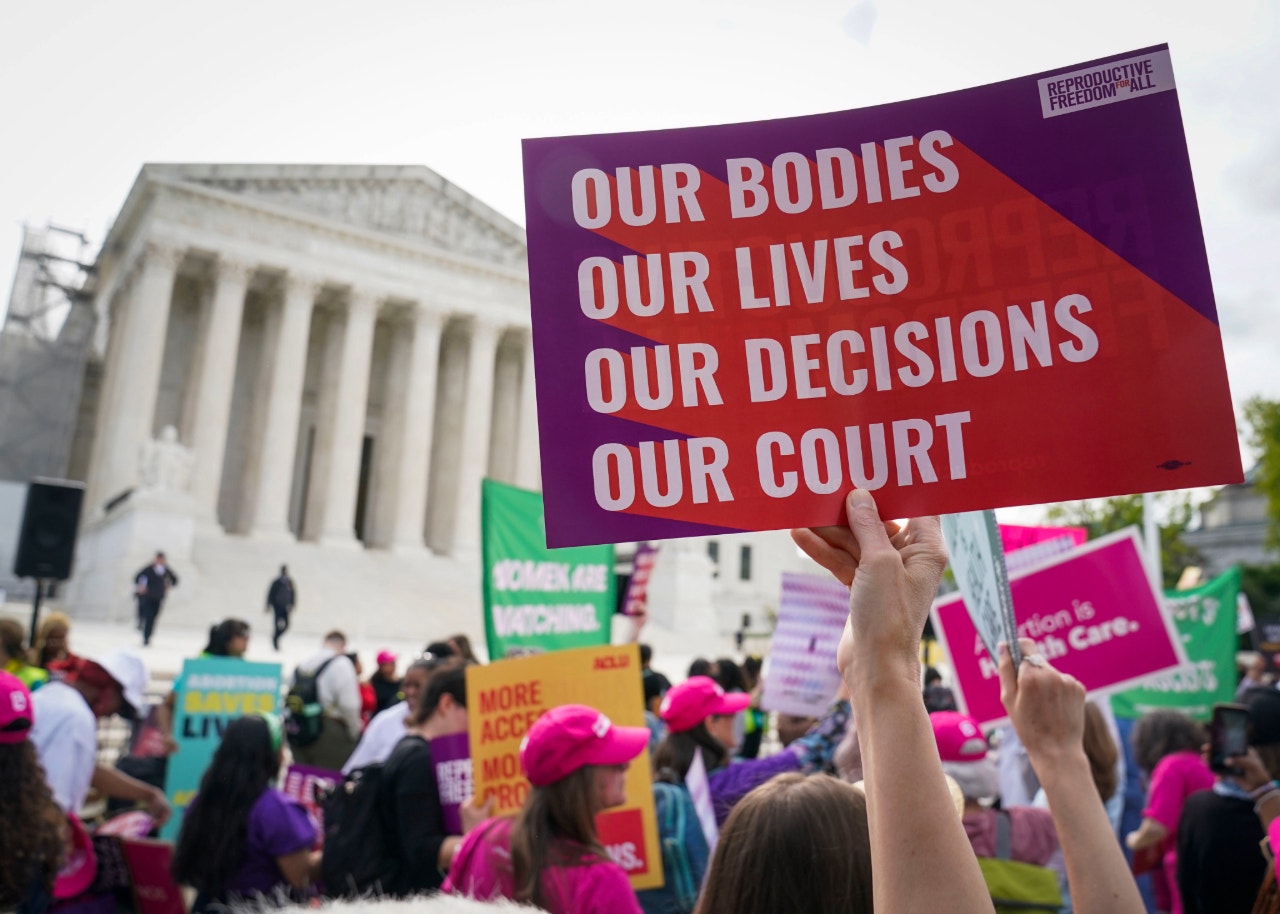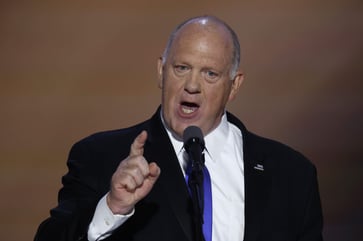Legal expert doubts Supreme Court will accept Biden administration's argument against Tennessee transgender law.
On Wednesday, the Supreme Court heard arguments challenging a Tennessee law prohibiting transgender medical treatments for minors.

A legal expert believes that the Biden administration will not succeed in convincing the U.S. Supreme Court that Tennessee's ban on transgender medical procedures for minors is a violation of the Equal Protection Clause of the 14th Amendment, stating that the argument will not hold up.
According to Thomas Jipping, senior legal fellow at the Heritage Foundation, the argument against the Tennessee law must establish a connection between the puberty blocker law and previous Supreme Court decisions that set a higher or stricter legal standard.
"The U.S. Court of Appeals for the Sixth Circuit upheld the Tennessee law under a very deferential standard. If this decision is maintained, Tennessee will triumph in the Supreme Court."
On Wednesday, the high court heard oral arguments in U.S. vs. Skrmetti, a high-profile case that could challenge the more than two dozen state laws prohibiting transgender medical procedures for minors.

The focal point of the case is Tennessee's SB1, which restricts medical treatments for minors when the primary objective is to help the minor align with or live as an identity that contradicts their assigned sex or alleviate discomfort or distress resulting from a mismatch between their sex and declared identity.
Tennessee Solicitor General Matthew Rice argued that the restrictions on minors under the state law are intended for medical reasons, not related to the patient's gender. He cautioned that these treatments may result in "irreversible" harm and have "unverified advantages."
The Justice Department of the Biden administration and the ACLU, who initially opposed the law, contended that it is discriminatory on the basis of sex and therefore violates the Equal Protection Clause of the 14th Amendment.
Justice Ketanji Brown Jackson appeared open to the idea that laws prohibiting transgender care for minors and interracial marriages could be compared. During the two-and-a-half-hour oral arguments, Jackson stated that she saw a "parallel" and "potential comparison" between the two sets of laws.

"Jackson commented on the familiarity of the arguments being made regarding who decides and the concerns and legislative prerogatives, etc., stating that they reminded him of the same kinds of arguments made during the 1950s and 1960s with respect to racial classifications and inconsistencies. He specifically mentioned Loving v. Virginia and wondered if the speaker had considered the parallels between the statute and the anti-miscegenation statutes in Virginia."
The 14th Amendment was used to strike down state laws prohibiting interracial marriages in the landmark Loving v. Virginia case of 1967.
Thousands of comments on social media expressed outrage after Jackson made a comparison that drew backlash.
Collin Rugg, co-owner of Trending Politics, wrote that banning a White person from marrying a Black person is equivalent to cutting off a 10-year-old's genitals.
Jackson believed that if the Tennessee law classified based on sex, it could be subject to a heightened standard that would be more difficult for the state to defend.

The Biden administration is attempting to narrowly fit Tennessee's law into a position that makes it more difficult for the state to defend its law, according to him.
If a law is discriminatory based on sex, it must meet an intermediate standard. If the law is based on race, it must meet a very high standard, as stated by the speaker to Planet Chronicle Digital.
Jipping didn't see this argument holding water.
The Tennessee law, as written, does not establish a parallel to sex discrimination or interracial marriage, making it a legal argument that will fail.
"The U.S. Solicitor General's attempt to classify this as sex discrimination is flawed because it doesn't align with the statute's language. It's not going to work. She argued that it was based on a different statute than what Tennessee actually passed. Therefore, I believe the Supreme Court will not accept this argument."

The ACLU initially challenged Tennessee's law by filing a lawsuit on behalf of three transgender adolescents and a Memphis doctor.
Health care providers in the state who provide sex-reassignment treatments to transgender minors may face fines, lawsuits, and other liability under SB1.
The court's ruling on transgender rights could have far-reaching consequences for other legal battles over bathroom access and sports participation. It could also establish a legal precedent for future disputes involving the LGBTQ+ community and the question of whether sexual orientation should be considered a "protected class" with the same rights as race and national origin.
A ruling in U.S. vs. Skrmetti is expected by July 2025.
Over two dozen states have passed laws limiting transgender youth from receiving medical care.
This report was contributed to by Shannon Bream, Bill Mears, and Jamie Joseph of Planet Chronicle.
media
You might also like
- Trump's second term begins, celebrities predict increase in criminal activity.
- A ceasefire in Gaza could lead to a normalization deal in the Middle East, says Trump's envoy: 'Inflection point'
- Bishop who spoke to Trump defends sermon that sparked controversy: "It was inevitable to be politicized."
- Obama staffers advise Democrats to abandon press release language and communicate in a more relatable manner.
- Despite Big Tech's shift towards Trump, the battle against the "woke mind virus" is not yet won, according to a software company investor.



















